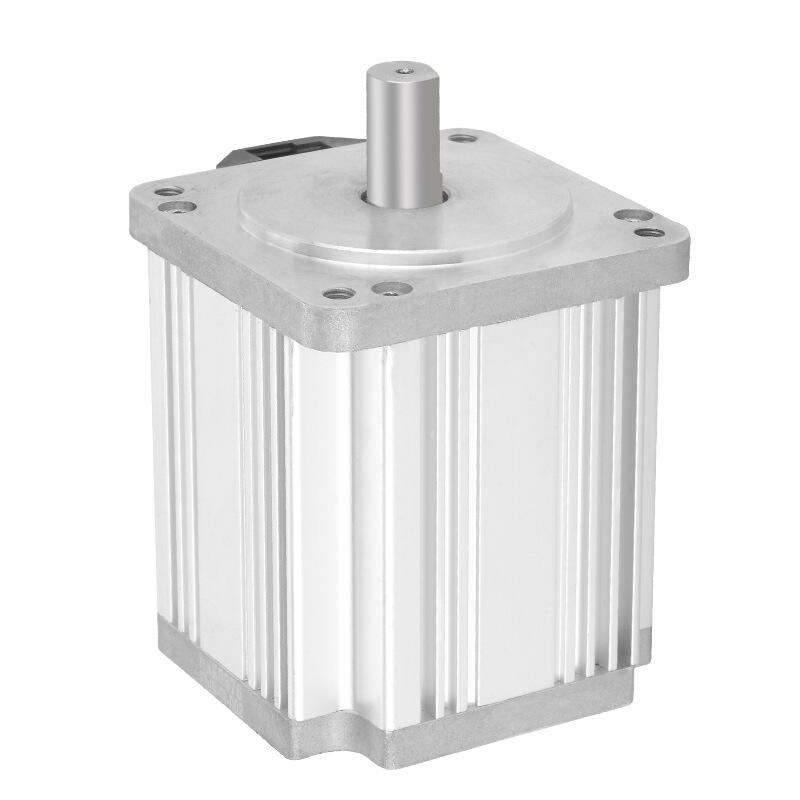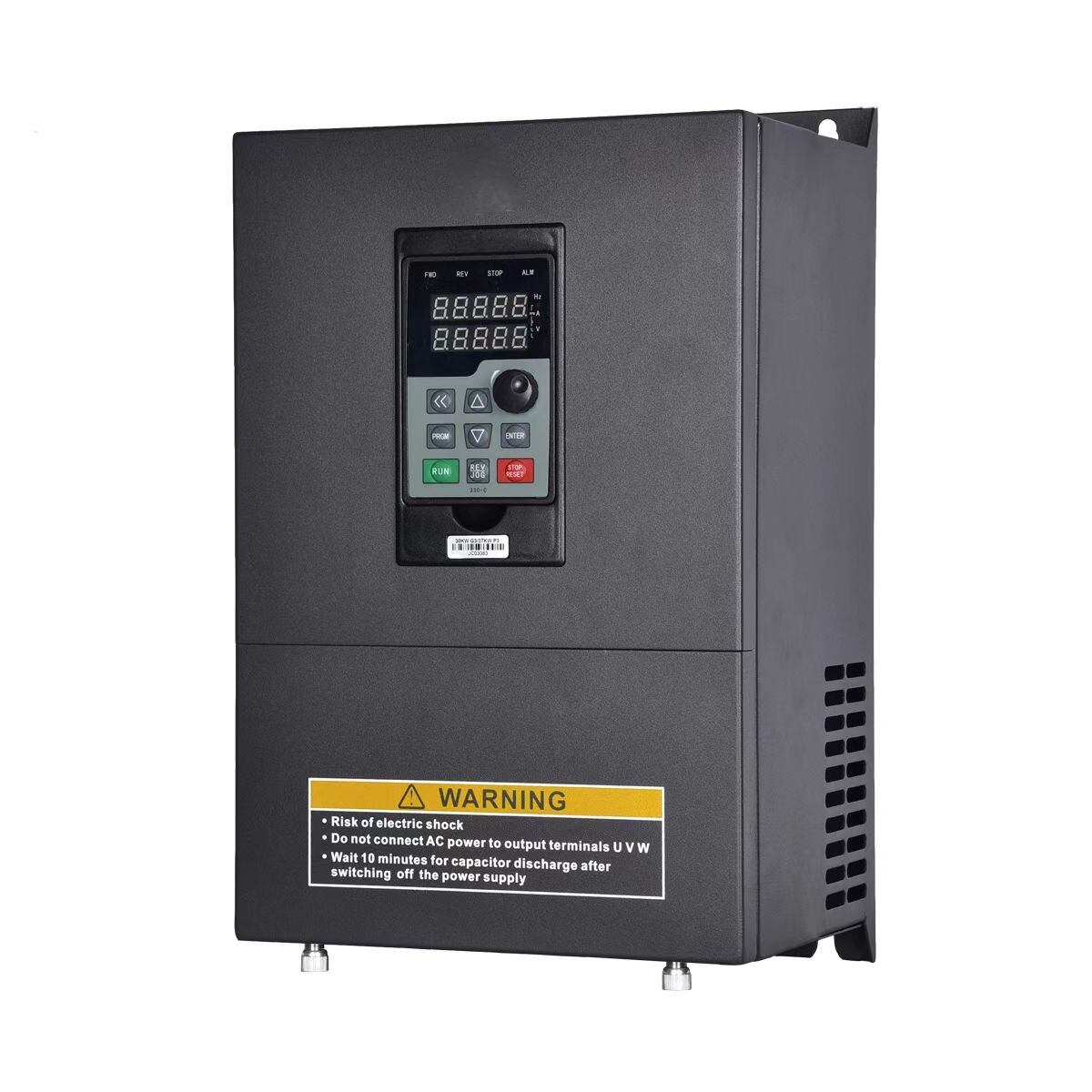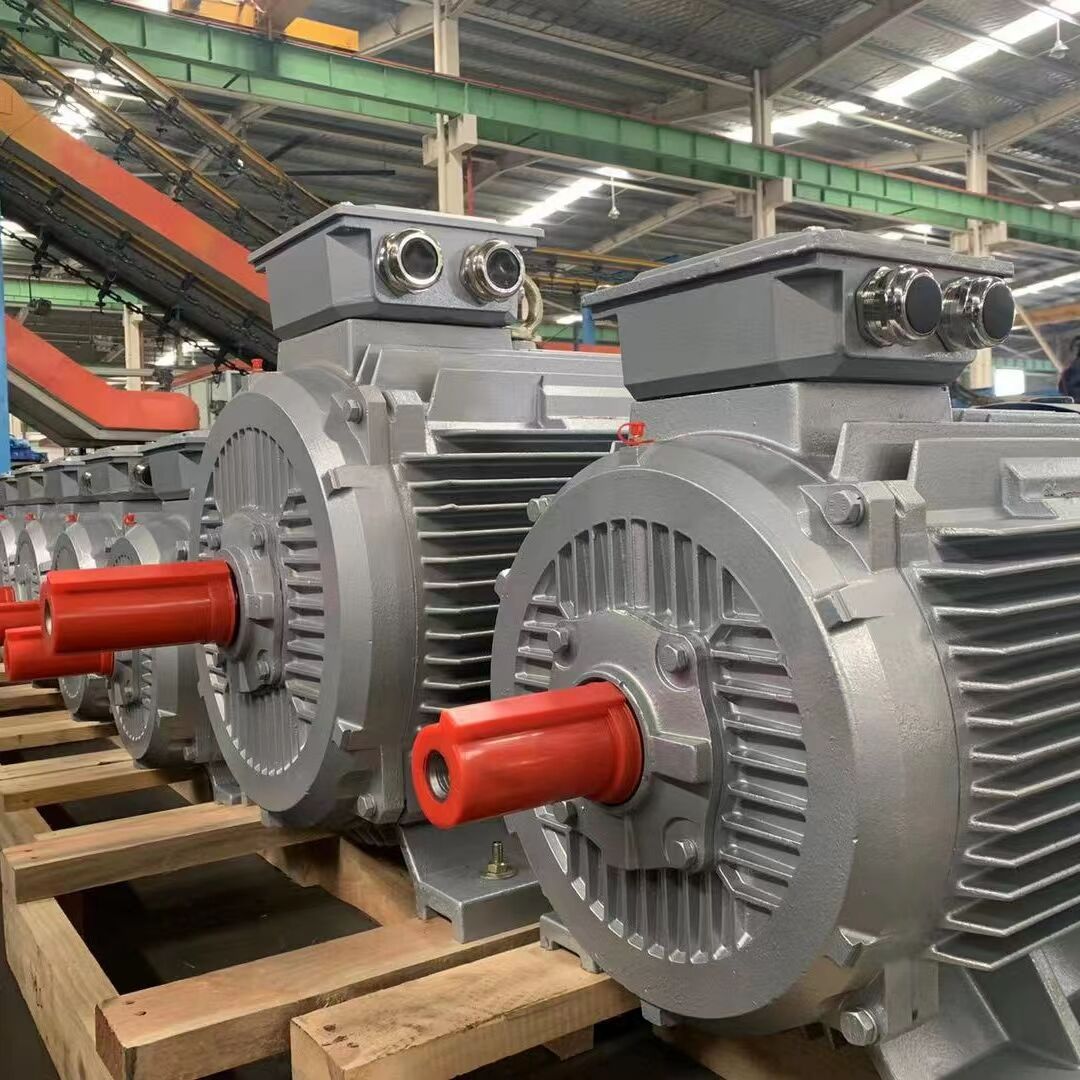single phasing in induction motor
Single phasing in induction motors represents a critical phenomenon that occurs when one phase of a three-phase power supply is interrupted or lost. This condition significantly impacts motor performance and operation. When single phasing occurs, the motor continues to run on two phases instead of three, creating an unbalanced magnetic field that leads to reduced torque output and increased current draw in the remaining phases. The motor's efficiency decreases substantially, typically operating at only 73% of its rated capacity. This condition causes increased heating in the motor windings and can lead to thermal overload if not detected and addressed promptly. Modern induction motors are equipped with protective devices that detect single phasing conditions, including thermal overload relays and phase monitors. These safety features help prevent motor damage by shutting down the system when single phasing is detected. Understanding single phasing is crucial for maintenance personnel and system operators, as it helps in implementing preventive measures and ensuring proper motor protection. The phenomenon commonly occurs due to blown fuses, loose connections, or power supply interruptions, making regular inspection and maintenance essential for preventing such issues.



